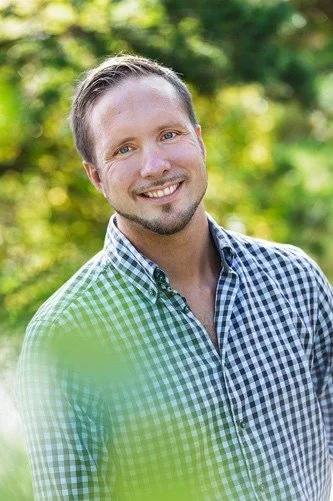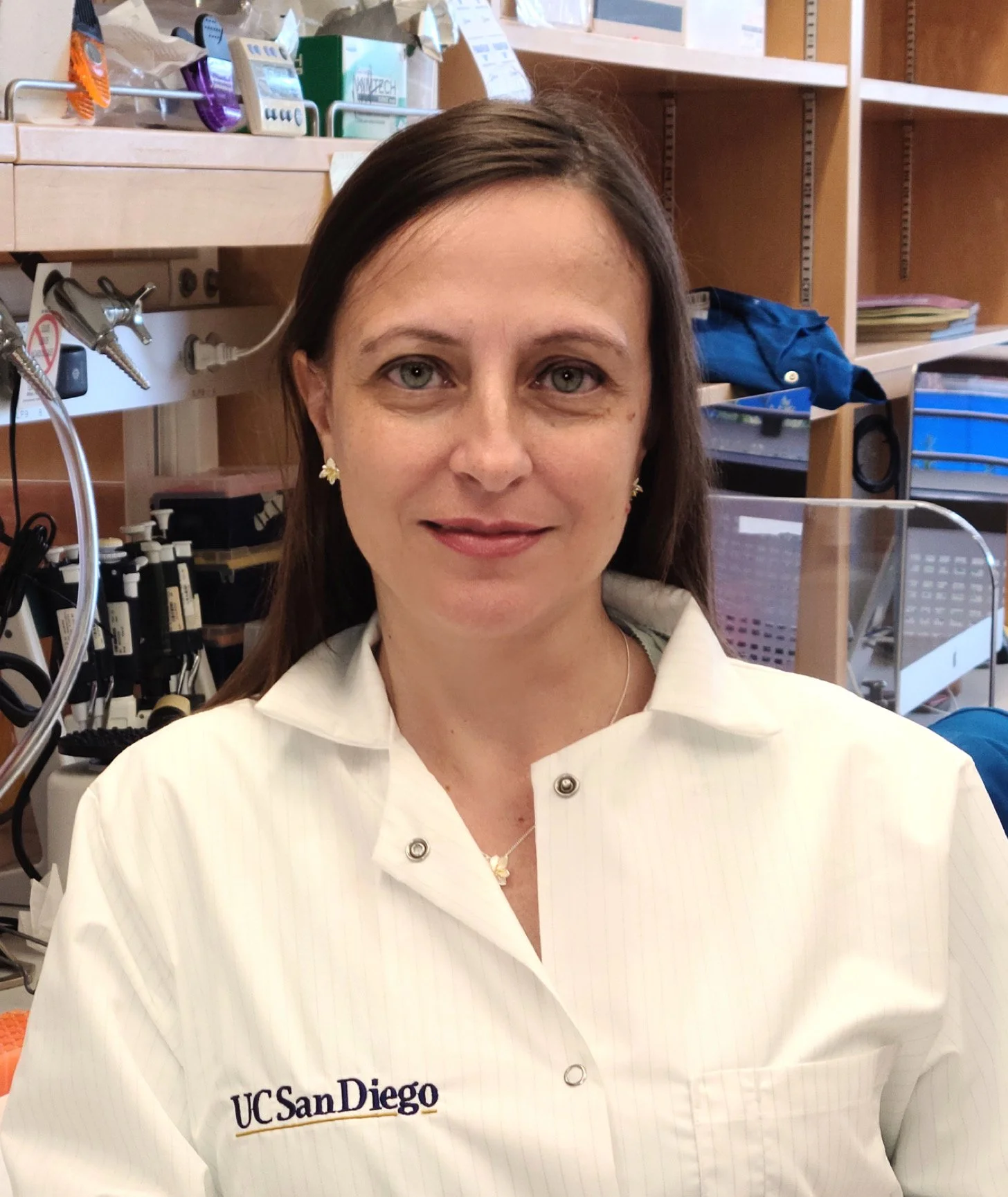ASM BacPath Orator
Charlene Kahler
Charlene Kahler is currently a Professor in Microbiology at the School of Biomedical Sciences at UWA. She obtained her BSc (honours in Microbiology) at the University of Queensland and undertook post-doctoral training at Emory University (Atlanta, Georgia) and Monash University in Neisseria biology.
She established her research laboratory at University of Western Australia in 2005 and her work has focussed on bacterial pathogenesis, epidemiology and antimicrobial resistance development of both Neisseria meningitidis and Neisseria gonorrhoeae. She is currently a member of the Centre for Research Excellence in Neisseria disease control, a national team led by Professor Helen Marshall, investigating a vaccine for dual use against meningococcal disease and gonorrhoea.
She is currently Head of Discipline for Microbiology and Immunology and the Director of the Marshall Centre for Infectious Diseases Research and Training at University of Western Australia. The Marshall centre research focus areas are gut, sexual and respiratory health and brings together many scientific groups across WA. Her greatest accomplishment is assisting her students through their PhDs and seeing them fulfil their career goals.
International Keynote Speakers
Johan Malmström
Principal Investigator at Lund University, Sweden
Johan Malmström is a distinguished Swedish professor and biomedical researcher based at Lund University, where he leads the Infection Medicine Proteomics group in the Department of Clinical Sciences. He also serves as national director for BioMS, the Swedish infrastructure in biological mass spectrometry, and is a principal investigator in SEBRA, the Lund University Sepsis and Bacterial Resistance Alliance.
He received his PhD in Cellular and Molecular Proteomics in 2003, followed by postdoctoral training in the United States and Switzerland. Afterward, Dr. Malmström co-founded Biognosys AG, a biotech company specializing in advanced proteomic technologies, before returning to academia in 2010 to pursue his research at Lund University. As of 2021, he has held the position of Scientific Director for the SciLifeLab Integrated Structural Biology platform, working to advance structural proteomics infrastructures and foster collaborations across Swedish national research facilities like Cryo‑EM, MAX IV, and ESS.
Malmström’s work focuses on pioneering mass spectrometry and proteomics methodologies to decode host–pathogen interactions, especially in the context of invasive bacterial diseases such as sepsis and Streptococcus pyogenes infections. In 2025, Johan Malmström received an ERC advanced grant to apply structural proteomics to map protein complexes formed between bacterial proteins and human immune factors, identifying conserved epitopes to guide vaccine designs.
Recognized as a Wallenberg Academy Fellow since 2012, Malmström has focused on bringing precision medicine to sepsis. Through over 150 peer-reviewed publications, key roles in national research consortia, and leadership of cutting-edge platforms, Johan Malmström’s career is defined by merging technological innovation with clinical impact. His vision is to transform proteomic discoveries into antibody-based treatments and vaccines against invasive bacterial infections, bridging the gap between molecular science and real-world patient care.
Cynthia Whitchurch
Singapore Centre for Environmental Life Sciences Engineering (SCELSE)
Nanyang Technological University (NTU), Singapore
Professor Cynthia B. Whitchurch is an internationally recognized microbiologist whose work has reshaped understanding of bacterial communities and biofilms. She is currently Research Director of the Biofilm Biology cluster at the Singapore Centre for Environmental Life Sciences Engineering (SCELSE) and a Professor in the School of Biological Sciences at Nanyang Technological University (NTU), Singapore.
Whitchurch earned her BSc (Hons, 1989) and PhD in Biochemistry (1994) at the University of Queensland, followed by postdoctoral appointments in Brisbane and at the University of California, San Francisco. She established her independent laboratory at Monash University in 2004 under a prestigious NHMRC Career Development Award. In 2008 she joined the University of Technology Sydney, where she was awarded and NHMRC Senior Research Fellowship and founded the Microbial Imaging Facility. In 2019 she moved to the Quadram Institute Bioscience in the UK before taking up her current post at SCELSE in 2024.
Her landmark discovery that extracellular DNA (eDNA) is essential for biofilm formation transformed the field of microbiology. Her research now focuses on bacterial lifestyles, including biofilms and cell-wall-deficient forms, using advanced imaging and molecular approaches to explore infection mechanisms and antimicrobial resistance.
Whitchurch’s contributions have been widely recognized, including the David Syme Research Prize (2016) and election as a Fellow of the Australian Academy of Science (2019).
Manuela Raffatellu
University of California
Professor Manuela Raffatellu, M.D. is an internationally recognized scientist in microbial pathogenesis and mucosal immunology. She is a Professor of Pediatrics at the University of California, San Diego School of Medicine, where she leads the Raffatellu Lab.
Originally from Italy, Raffatellu received her M.D. from the University of Sassari in 2000 before completing postdoctoral training with Dr. Andreas Bäumler at Texas A&M University and UC Davis. She established her independent laboratory at UC Irvine in 2008, earning tenure as Associate Professor in 2014. In 2017, she joined UC San Diego, where her work continues to advance understanding of host–pathogen–microbiota interactions.
Her research focuses on Salmonella and how it competes with the gut microbiota during inflammation. She studies mechanisms of nutritional immunity, including how the immune system restricts key nutrients, and how pathogens exploit or evade these defenses. Her lab also investigates probiotics and bacterial microcins that may outcompete pathogens without disrupting beneficial microbes, offering new strategies to prevent and treat intestinal infections.
Raffatellu has received numerous honors, including the ICAAC Young Investigator Award, the Burroughs Wellcome Fund Investigator Award, and election as a Fellow of the American Academy of Microbiology and the American Society for Clinical Investigation. She also serves as an editor for Infection and Immunity.



